Tamil Nadu Rural Transformation Project (TNRTP)
Rural Development & Panchayat Raj
Government Of Tamil Nadu
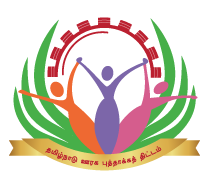

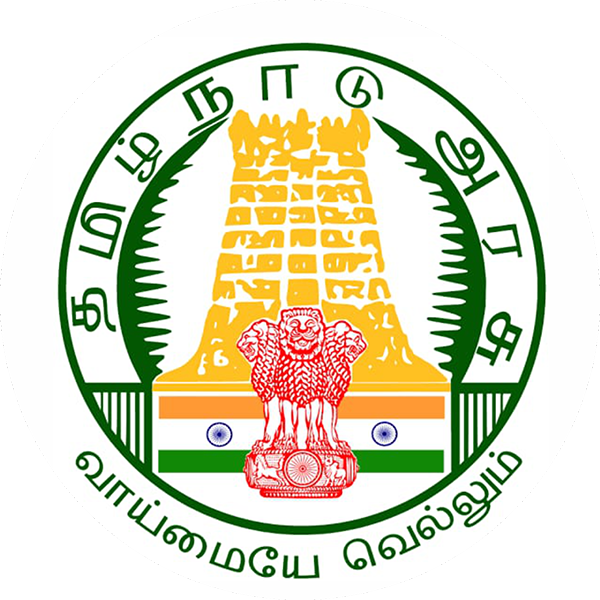
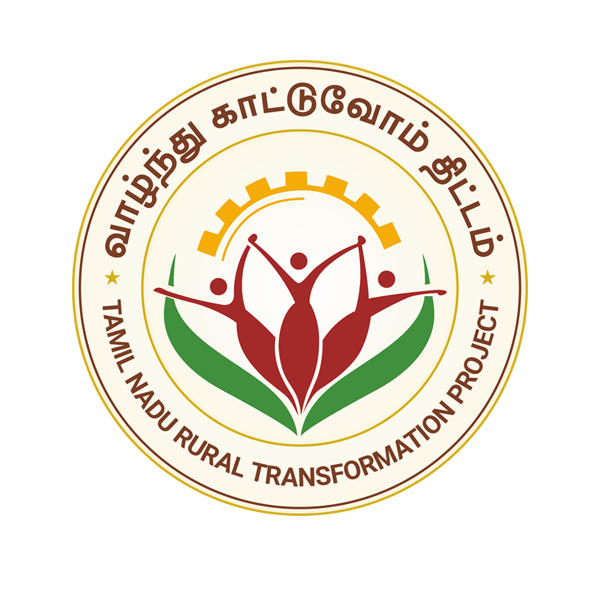
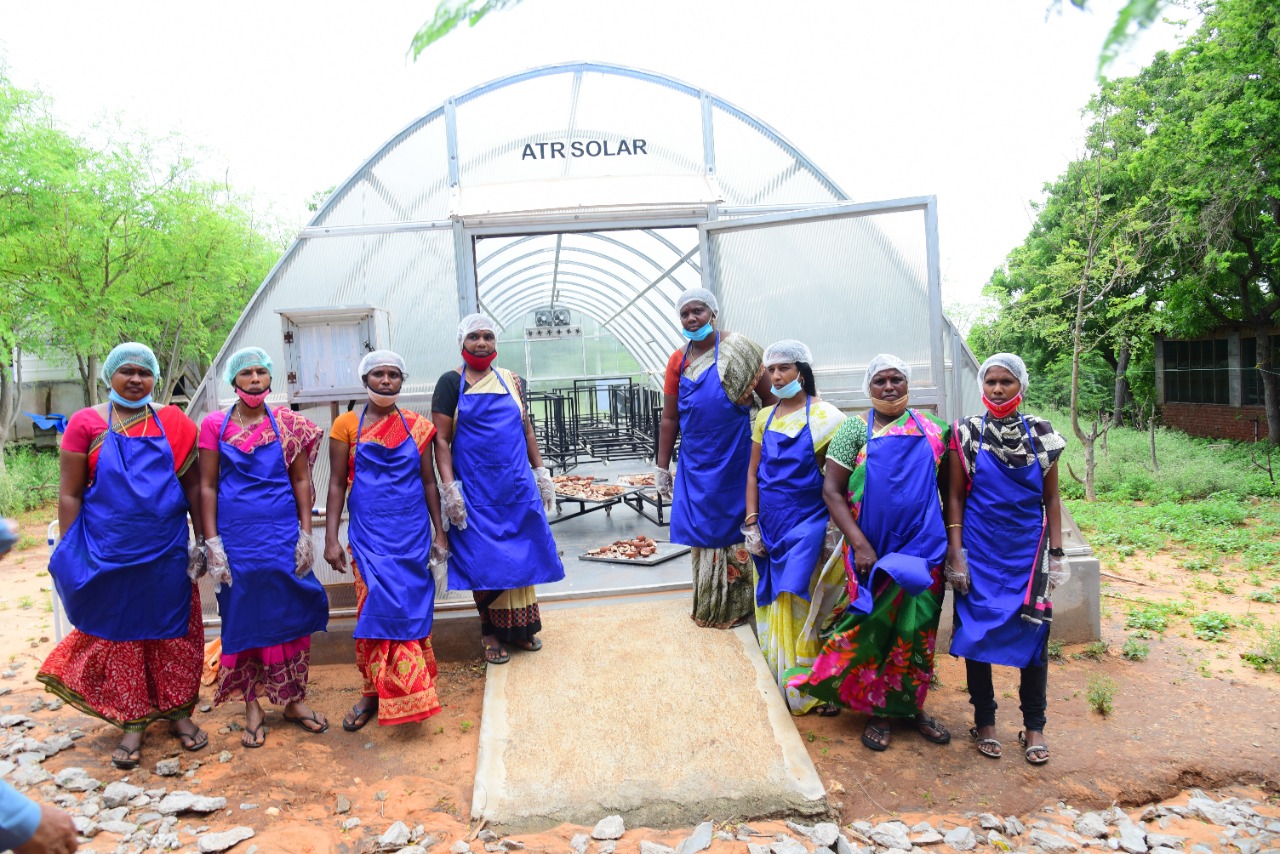
Samik Sundar Das, Vanitha Kommu, Nandhini Shanmugham
Before the hills come alive with the hustle and bustle of everyday life & business, Selvakumar heads to his farms. The walk is a constant reminder of how much his once tranquil hill town of Ooty, in the South Indian State of Tamil Nadu, has become a cacophony of sounds, courtesy its growing popularity as a tourist destination. But that is not all that has changed; his farms are also a reminder of how farming has rapidly changed from the days of his forefathers.
Until recently, Ooty’s terrain and climate compelled farmers to rely heavily on chemical fertilizers and pesticides to grow and protect their crops. This changed a few years ago when farmers were encouraged to pursue organic and climate-resilient practices.
Selvakumar and members of the Sholada Vegetable Farmers Producer Company have reduced the use of agrochemicals by 50%.
Complementing this change has been the role of Farmer Producer Collectives (FPCs), which are key institutions supporting farmer livelihoods and enterprises. FPCs enable farmers to realize better incomes by facilitating a range of support services such as quality input supply, value addition, collective marketing, access to technology and extension services.
Since they work closely with farmers, FPCs are in a position to promote climate-resilient and sustainable production practices amongst them. Selvakumar echoes this. “We have brought a shift in our agriculture practices. Today, there is 50% reduction in use of agrochemicals as we now rely on biofertilizers and biopesticides.” Selvakumar is part of the Sholada Vegetable Farmers Producer Company Ltd.
The Sholada FPC is one of the 16 FPCs which received an incentive for its greening initiatives from the Vaazhndhu Kaattuvom Project (VKP- formerly called the Tamil Nadu Rural Transformative Project, co-financed by The World Bank) on World Environment Day in June 2022. In the past year, the Project graded 25 FPCs that it supports. In a first-of-its-kind approach in the country, a ‘green’ criterion was introduced in the grading tool to understand the current approach of FPCs to climate change adaptation, safe food production and environmental sustainability.
Depending on their overall performance grades, FPCs received incentive grants of either INR 300,000 (USD 3,624) or INR 500,000 (USD 6,043)[1] to strengthen and scale up their green practices. A total of INR 2,384,500 INR (28,828 USD) has been disbursed under this incentive grant to the 16 FPCs selected as Green FPCs.
The assessment threw light on the current approaches and practices of FPCs in Natural Resource Management; environment-related compliances; climate resilient crops; organic/biological inputs; water conservation; waste management and renewable energy use.
Sholada FPC members, for instance, harvest rainwater for carrot washing and polishing instead of relying on ground water. Its processing facility has a water recycling unit with a capacity 8,000 litres per day. Adoption of simple, yet effective, interventions has brought down the cost of cultivation and led to higher price realisation by 10% after value addition.
The Sholada FPC, which has 380 members of which 280 are women, supports farmers with quality input supply, processing facilities and collective marketing.
|
Like Selvakumar, A. Adhappan is a member of Pudukkottai Organic Farmers’ Company in Pudukkottai district, where agriculture is primarily rainfed. To use the available water judiciously, the FPC members use drip, sprinklers. They harvest water through village ponds, recharge wells and have adopted solar technology. “Using solar drying units has increased the shelf life of groundnuts, sesame seeds and lentils; today we are selling these across 9 States,” says Adhappan.
The World Bank-assisted Project encourages FPCs to influence farmers on the judicious use of natural resources, crop management practices and input choices. It is this role as an influencer and enabler that has helped Tirunelveli district’s Vaigah FPC to turn the tide for its members by focussing on value addition in its products.
|
With poor rainfall impacting cultivation and yield, the Vaigah FPC has helped its members sensibly select Moringa, a species which requires less water, and diversify into honey to build resilience against climatic shocks. The Group, with support from VKP, has set-up a shop for organic inputs for its members and trained members on value addition products like Moringa leaf powder. The Group has received orders from Australia and Germany for its Honey Banana and Honey Amla products.
To ensure accountability, the Project’s incentive grant is tied to an action plan focusing on green initiatives, innovations and inclusion. The Pudukkottai FPC has invested the incentive on saplings and for machinery to upcycle farm waste to cattle feed. The Vaigah FPC has purchased a waste chopper machine to prepare compost in a shorter duration.
The Sholada FPC will soon start a vegetable pickle unit, to be run by women members. Similarly, the Pudukkottai FPC aspires to venture into millet-based breads and cakes.
It’s time that “going green bottoms-up” initiatives are recognized and institutionalized into government programs, such as the 10,000 FPO program of the Government of India. The initiative by VKP sets an example for other Indian States and countries.
As Selvakumar retires for the day and the night’s silence descends upon the hills of Ooty, he sleeps with the hope that farmers will be able to trace back their journey to sustainable farming practices, just like their forefathers.
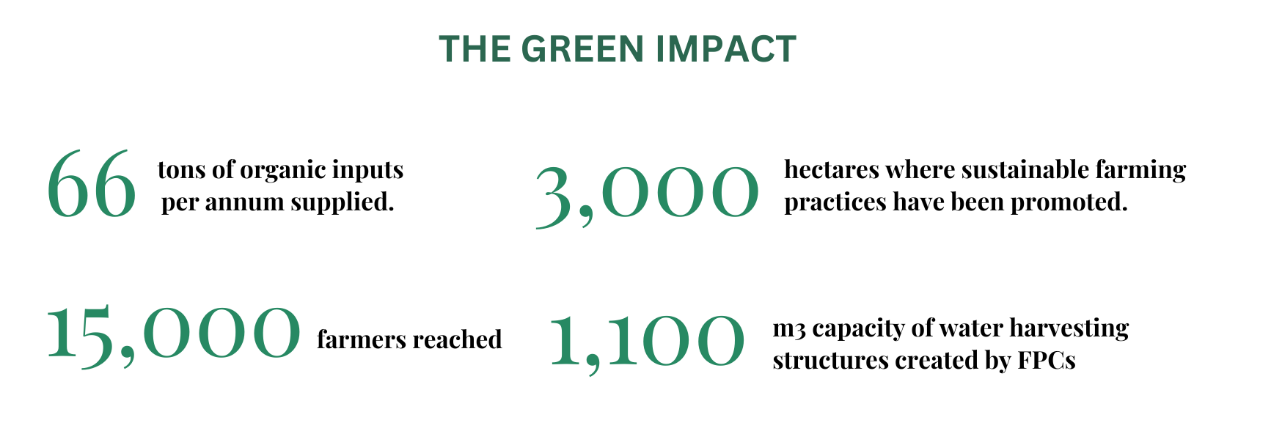
Tags :